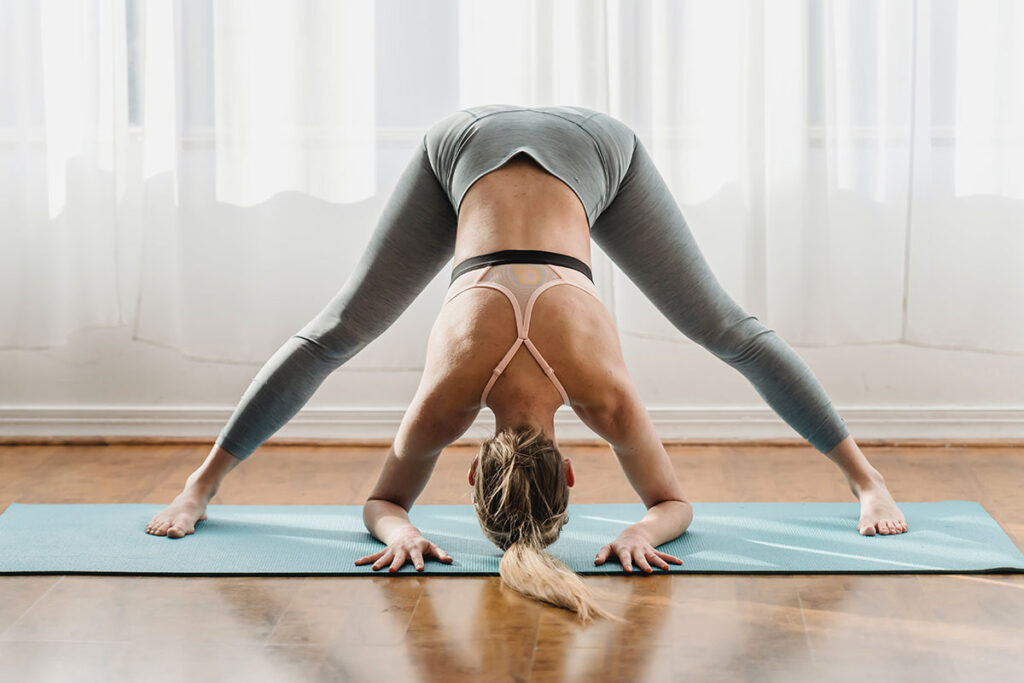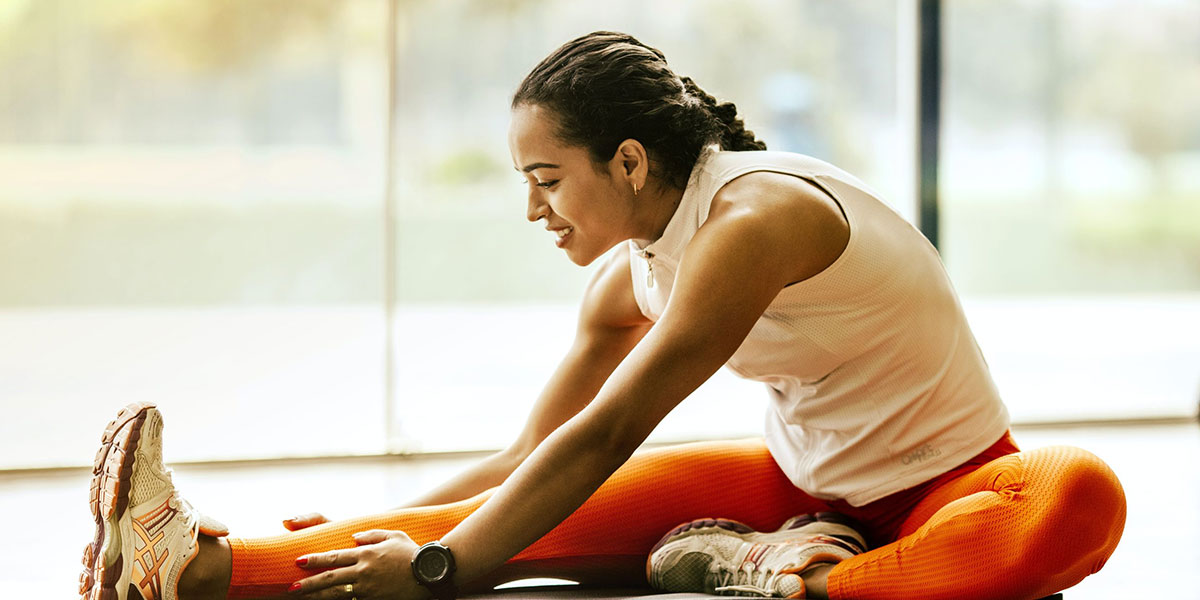Introduction
In this exploration of exercise and addiction recovery, we uncover the profound role of exercise therapy, highlighting its significance for holistic well-being. Exercise serves as a catalyst for healing, extending beyond conventional medicine, addressing not only the physical challenges but also providing respite from stress, anxiety, and depression. In this post, we navigate through the transformative benefits of exercise specifically tailored to addiction recovery, understanding its principles and knowing the benefits, and finally giving an overview of the main activities developed to improve overall health status.
What is Exercise Therapy in Addiction?
Exercise in addiction involves incorporating physical activity and structured exercise programs into treatment. It aims to improve physical health, regulate mood, reduce stress, establish routine, enhance cognitive function, and provide social support. This approach recognizes the role of exercise in supporting overall well-being and aiding in the recovery process alongside other treatment components.
Principles of Exercise for Addiction Recovery
Exercise for addiction recovery operates on fundamental principles to ensure its effectiveness and safety in promoting overall health.
- Individualization: Tailor exercise plans to unique needs, considering health goals and limitations.
- Progression: Gradually increase intensity to promote steady progress and prevent injuries.
- Specificity: Design exercises aligned with specific health goals or conditions.
- Safety: Prioritize safe execution, considering individual health status and proper form.
- Adaptability: Modify plans based on changing needs, preferences, or health conditions.
- Consistency: Regular and sustained participation is crucial for long-term benefits.
- Integration with Daily Life: Promote the seamless integration of physical activity into daily routines.
- Psychosocial Considerations: Recognize the psychological and social impact of exercise on mental well-being.
- Monitoring and Feedback: Regularly assess progress and provide constructive feedback for motivation.
- Interdisciplinary Collaboration: Collaborate with healthcare professionals for a holistic approach.
Benefits of Exercise in Addiction Recovery

Physical Benefits
Enhanced Cardiovascular Health: Exercise in recovery plays a pivotal role by strengthening the heart, improving blood circulation, and regulating blood pressure, reducing the risk of heart-related complications.
Increased Muscle Strength: Tailored exercise regimens contribute to muscle strength, providing vital support for joints and aiding in injury prevention—a crucial aspect for individuals on the path to rehab from addiction.
Improved Flexibility: Incorporating exercises such as stretching and yoga enhances flexibility, contributing to better posture and reducing the risk of musculoskeletal issues—an often overlooked but vital aspect of physical well-being during addiction recovery.
Weight Management: Exercise becomes an essential component in recovery by helping individuals maintain a healthy weight, burn calories, and regulate appetite.
Cognitive Advantages of Exercise in Addiction Treatment
Stress Reduction: It often comes with heightened stress levels. Exercise, particularly aerobic activities, triggers the release of endorphins, the body’s natural mood lifters, aiding in stress reduction and emotional stability.
Couples Exercise Therapy for Addiction: For those navigating drug addiction issues as a couple, engaging in joint exercise therapy can strengthen the emotional bond, foster mutual support, and provide a shared avenue for physical and mental well-being.
In the realm of addiction recovery, group exercise emerges as a potent synergy that enhances the healing process. Group interaction, specifically tailored exercises, fosters social connections and support networks, creating a sense of camaraderie and diminishing feelings of isolation. The synergy of exercise and group therapy is particularly impactful for couples undergoing rehab, enhancing communication, building trust, and providing a shared commitment to a healthier lifestyle.
Is this Approach Right for You?
At Spark to Recovery, we recognize the vital role that exercise plays in rehab, seamlessly integrating it into personalized treatment plans for a holistic approach to well-being.
In this realm, therapists have recognized the benefits of exercise in addiction recovery, incorporated it into their practice. Exercise serves as an emotional outlet, encourages mindful movement, promotes social interaction, and builds confidence, reinforcing positive self-image and resilience. Exercise also assumes a central role, especially in the context of pain management, stress, anxiety and also aiding in prevention of relapse.
Mental Health and Exercise for Addiction Recovery

Exercise stands as a potent strategy for fostering mental health in recovering from addiction, recognizing the intricate connection between physical activity and well-being.
What is the trigger mechanism for addiction and exercise recovery? Through the release of endorphins, stress reduction, improved sleep quality, and neurotransmitter regulation. In addiction recovery, it also plays a crucial role in managing anxiety, depression, and stress while aiding in psychiatric rehabilitation.
Exercise therapy for rehab treatment offers not only physical benefits, but also a pathway to emotional resilience and improved mood. As a part of a comprehensive mental health care plan, it provides a holistic and empowering avenue for individuals seeking a more balanced and vibrant life.
Looking to improve your mood? Here’s how to do it: Exercise for Addiction Recovery: How to Boost Your Mood
Examples of Exercise for Addiction Recovery
Exercise encompasses a diverse range of activities tailored to address specific health needs and enhance overall well-being. Here, we delve into various exercise therapy examples that showcase the versatility and effectiveness of this therapeutic approach.
Cardiovascular Exercises
Brisk Walking or Jogging:
Benefits in Addiction Recovery: Regular brisk walking or jogging can help individuals manage stress and improve overall mood, providing a positive outlet for emotional well-being during recovery.
Cycling:
Benefits: Cycling provides a joint-friendly option for improving cardiovascular health, contributing to physical well-being without excessive strain.
Resistance Training
Weight Lifting:
Benefits: Weight lifting improves physical strength and fosters discipline and routine, assisting individuals in building positive habits during recovery.
Flexibility and Stretching
Benefits: Yoga fosters physical flexibility and also provides a mindful and calming practice, supporting stress reduction and emotional balance during rehab treatment.
Functional Movement Training
Functional Body weight exercises:
- Examples: Squats, lunges, and push-ups.
- Benefits: Functional body weight exercises help individuals regain functional strength and mobility, facilitating a smoother transition to everyday activities during recovery.
Group Exercise Therapy
Group Fitness Classes
- Examples: Zumba, aerobics, or dance classes.
- Benefits: Group fitness classes contribute to physical well-being and provide a supportive social environment, helping individuals build connections and a sense of belonging during their recovery journey. The combination of exercise and group interaction enhances motivation and overall well-being.
Integrating exercise into daily life during addiction treatment

Active Commuting
- Examples: Walking or biking to work.
- Benefits: Incorporates physical activity into daily routines, promoting sustainable habits. Suitable for individuals looking to add movement seamlessly into their daily lives.
In the following article called 10 Exercise Therapy Activities for Addiction Recovery, you can learn more about activities that you can carry out within your rehabilitation process.
These exercise therapy examples showcase the flexibility and adaptability of this therapeutic approach. Whether tailored for addiction rehab, specific health concerns, or general well-being, exercise offers a diverse range of activities to suit individual needs.
Conclusion
In conclusion, exercise is not merely a form of physical activity; it’s a potent tool that can transform lives physically and mentally. Whether integrated into therapy, tailored to individual needs, or part of a collaborative healthcare approach, exercise emerges as a cornerstone of well-being. As you embark on your wellness journey of exercise and addiction recovery to enhance your physical health, mental well-being, and overall quality of life. Consult our healthcare professionals, at Spark to Recovery.
Contact Us and Discover Your Wellness Through Exercise Therapy!



